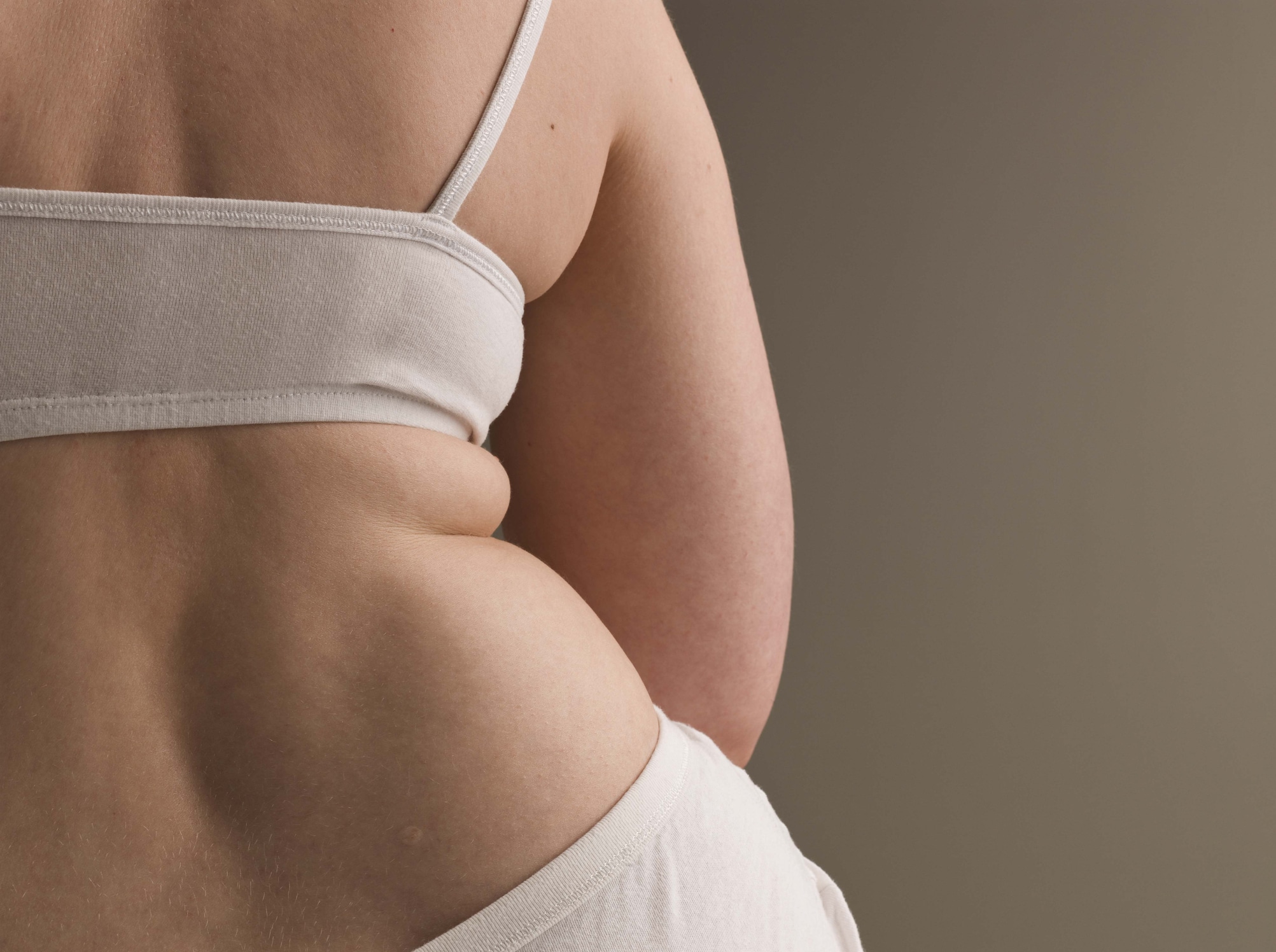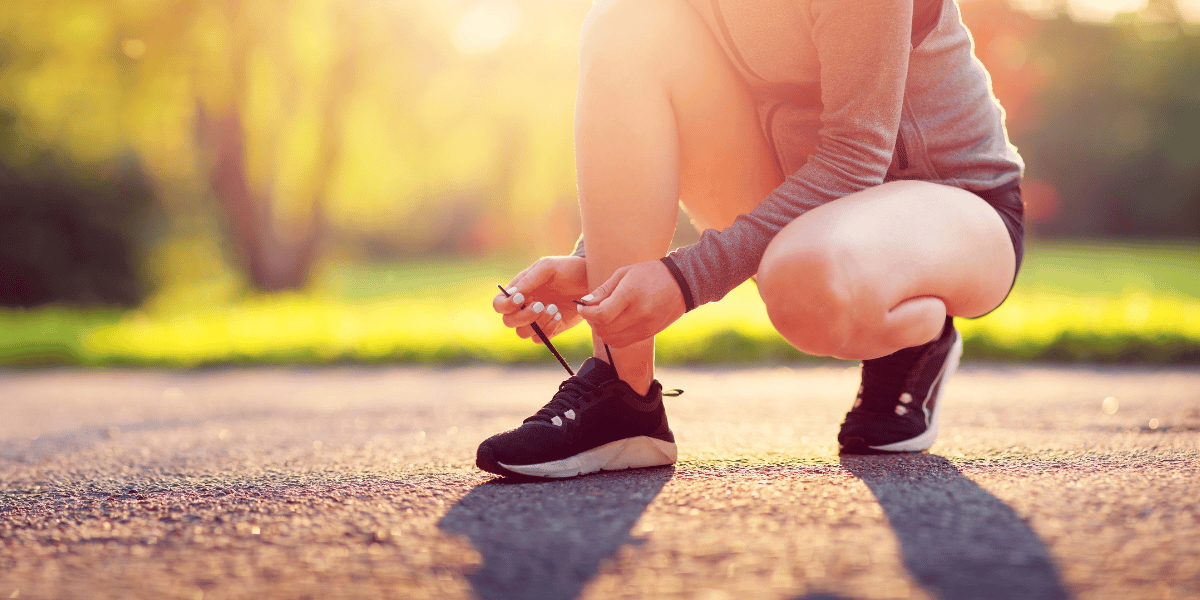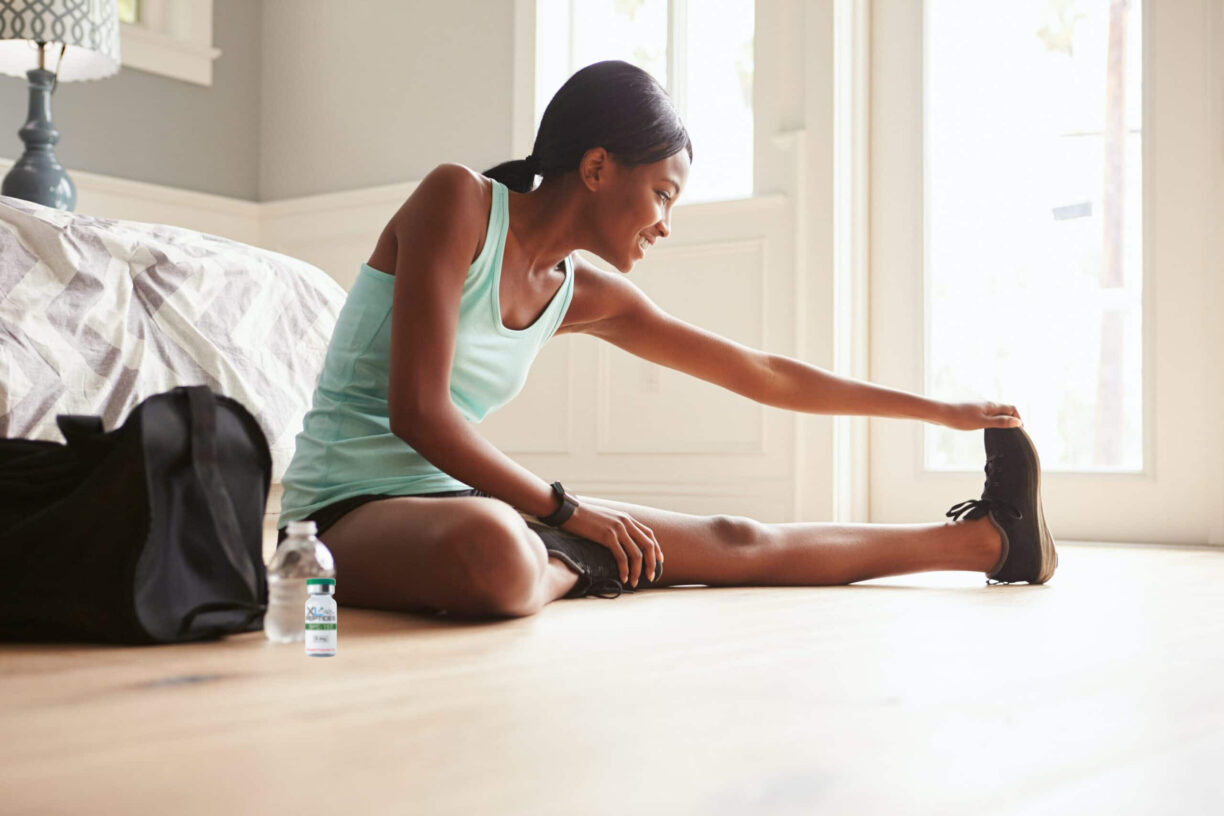Body positivity has emerged in online spaces as a counter to the relentless stream of ‘perfect’ body ideals placed on society.
Supporters of this concept highlight that beauty can flourish beyond slim figures, certain complexions, and able-bodied appearances. One proponent of this idea once admitted, “Sometimes, it makes me feel just a little bit bad.”
body positivity is honestly the best thing around – be sure to love yourself, guys
— ¯\(ツ)/¯ (@Ohhh_Johnny) April 24, 2018
This sentiment underscores the complexity in balancing unconditional self-love with the natural fluctuations of self-perception.
According to the original perspective, there are instances when fully embracing every curve each day feels like too much of a reach—despite looking up to role models such as Ashley Graham.
It was asked, “Shouldn’t there be more of a movement for a middle ground of body positivity – something more along the lines of body acceptance?
I wish that I could look at my curves every day and celebrate them, like model Ashley Graham does.” Yet, the everyday reality is that some days are tougher than others, even for those who publicly champion the cause.

Self-compassion sits at the heart of this movement. One viewpoint stated, “I by no means want to discourage anyone from body positivity – it’s great, and you should accept and love yourself as much as you can.”
However, the same voice noted potential pitfalls if someone feels they are “failing” on days when self-acceptance is elusive.
This might spiral into greater self-criticism and overshadow the entire goal, prompting a suggestion: Why not create room for more nuanced emotions within body positivity?
Advocates of this balanced approach believe that even a neutral stance toward personal appearance can be meaningful.
They contend, “As long as you’ve not gone down a toxic spiral of self-loathing, you’re doing amazing, sweetie.” In other words, feeling neutral about your reflection on off-days does not undermine one’s commitment to this positive outlook.
Another reminder is that “Just because you’re not always feeling fierce and confident AF doesn’t mean that you’re not body positive…”
I’m all about body positivity but why is it so hard to practice what I preach and actually apply it to myself? (also I hate that this scene even exists in Peter Pan) pic.twitter.com/wPBntnwtdO
— Chelcee 🍄🦋🌻 (@chelceeschatter) April 22, 2018
The conversation surrounding this topic also acknowledges privileges. As one observer put it, “It must be said that I definitely come into this with a whole lot of privilege; I’m white, cis and not overweight…”
This remark points out that media narratives often favour certain body types, making self-acceptance more complicated for individuals who do not fit the prescribed mould.
For many, illusions of inadequacy can surface regardless of whether they align with conventional standards.
body positivity is a beautiful thing, but for me it's hard to always feel positive about my body. i try, but it's not always possible. it's not ideal to wallow in self-loathing but sometimes you just can't help it
— بدر (@thickteddyboi) April 23, 2018
Still, even someone with privileged status can battle inner voices that criticize every meal choice or number on the scale.
Reflecting on this, another statement reads, “I don’t think I’m the only person that is pro-body positivity, but still finds it all a bit hard sometimes.”
This underscores a broader truth: a person’s outward support for body positivity might not always mirror their inner dialogues.
Encouraging self-love remains crucial. As the source observed, “I’m not trying to bring down the movement – anything encouraging us to love ourselves is always going to get a ‘yes’ from me.”
Yet, many maintain that there should be an acknowledged middle ground for days when confidence wanes. Such acceptance fosters reassurance that not feeling your best doesn’t equate to self-loathing. That perspective can gradually lead to more fulfilling days in front of the mirror.
body positivity is so hard ugh
— jade swiftie🫶🖋️ wants to hug taylor (@jade_iemrgs) April 17, 2018
In summary, the conversation about body positivity continues to evolve. While the concept amplifies inclusive ideals and celebrates all bodies, it also leaves space for everyday realities.
Sometimes, the best one can manage is neutrality, which still aligns with the overall goal of nurturing healthier self-esteem.
Extending the conversation to include this “middle ground” may ultimately help more individuals remain empathetic toward themselves. Over time, those in-between days can pave the path to gradually stronger self-regard.





